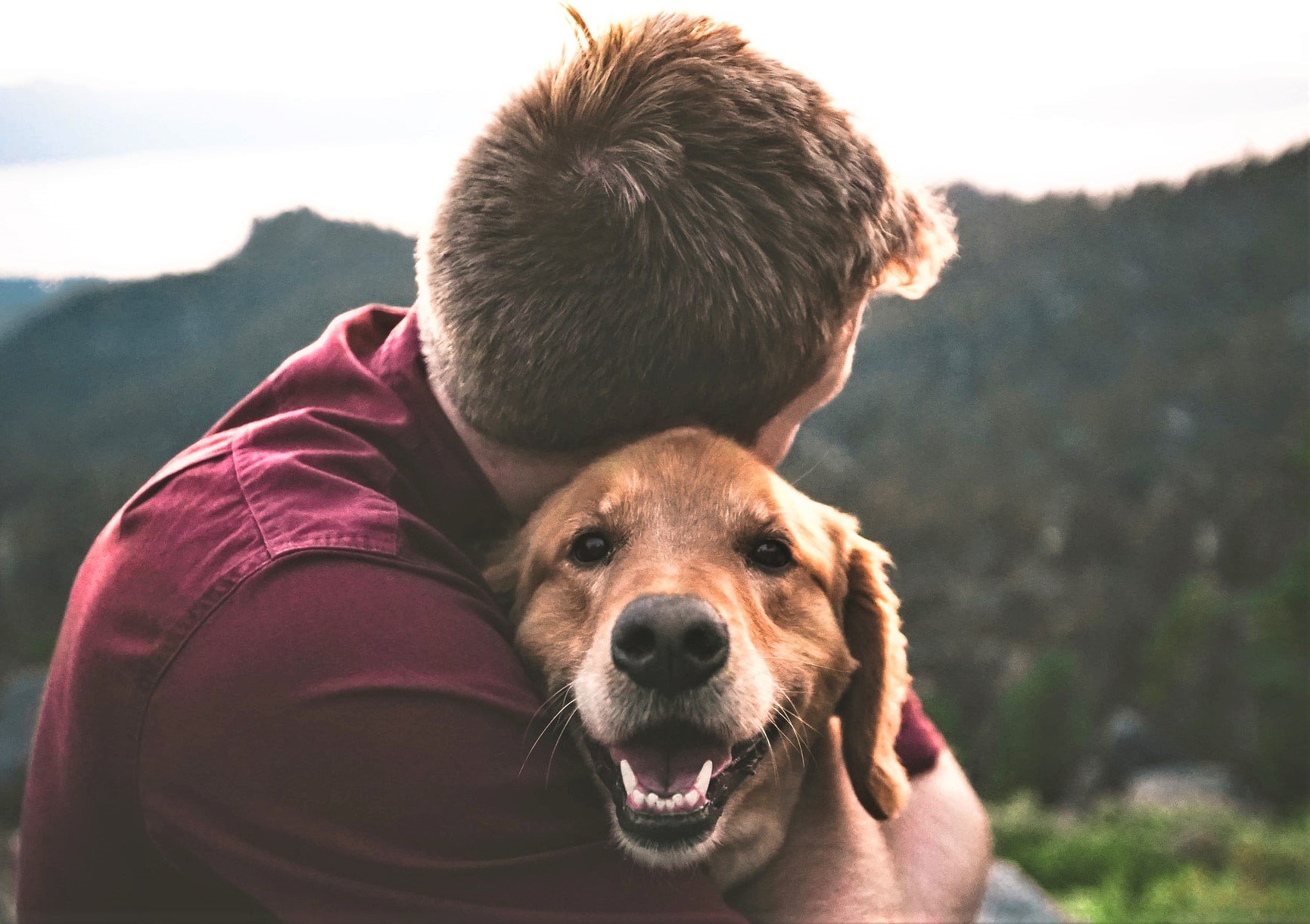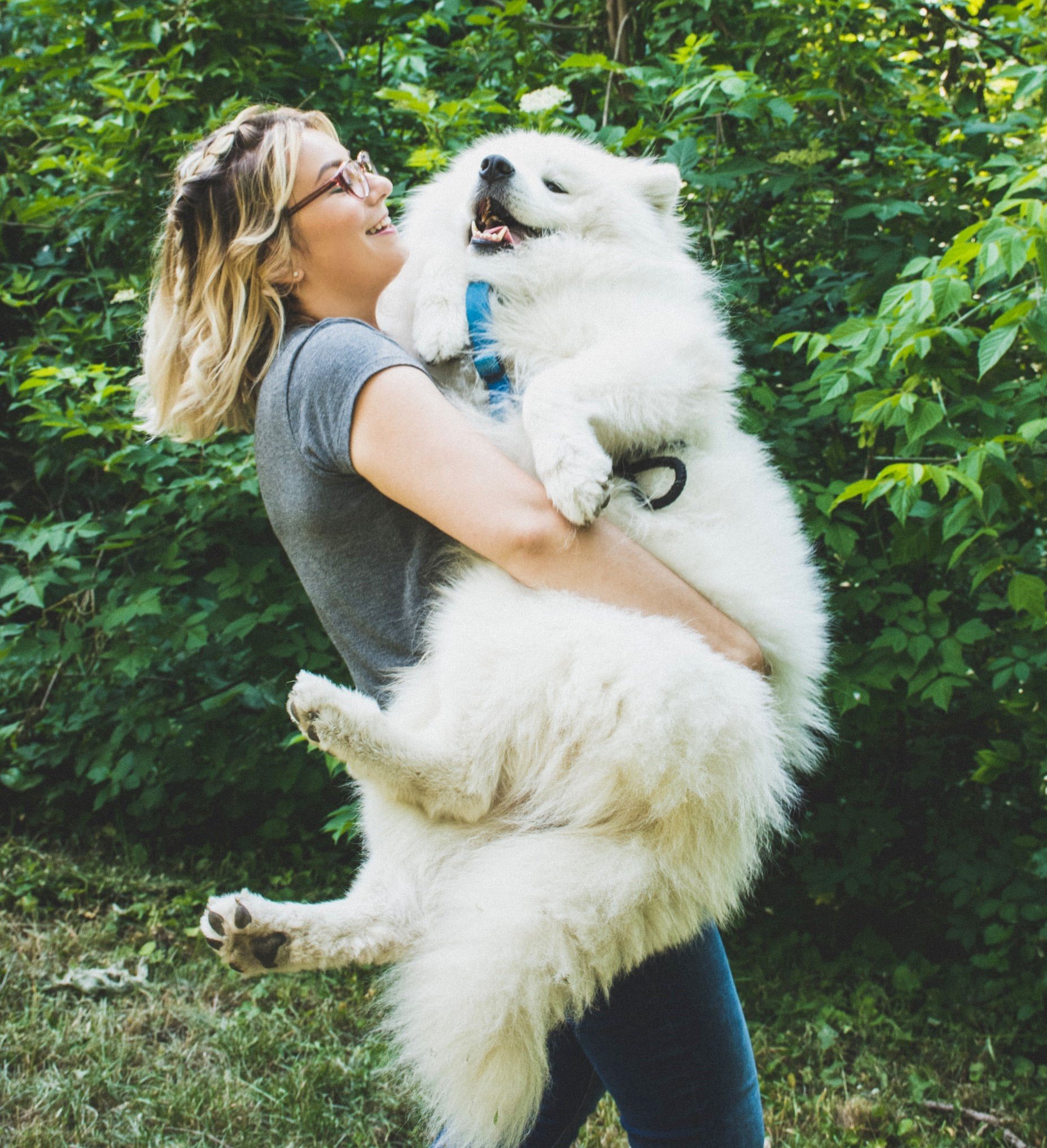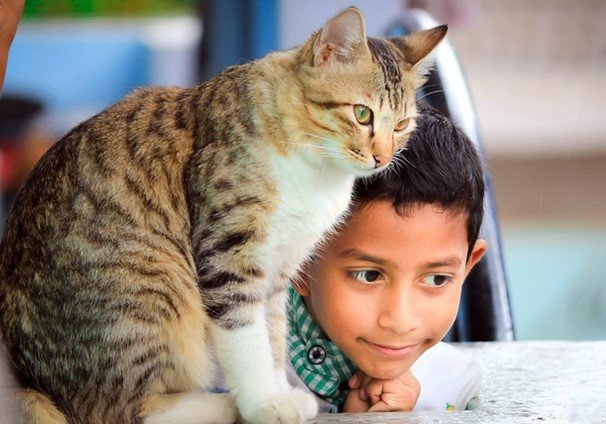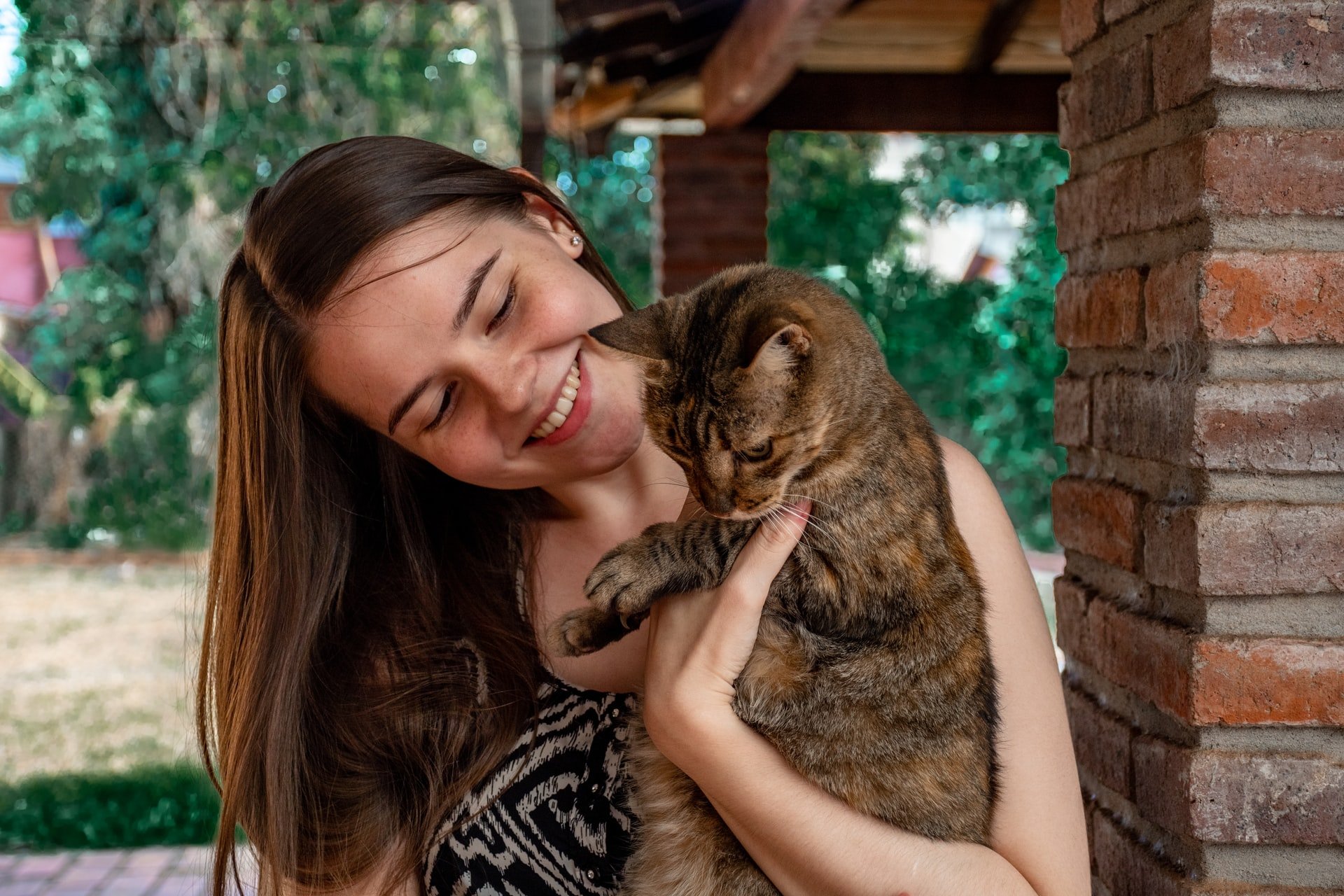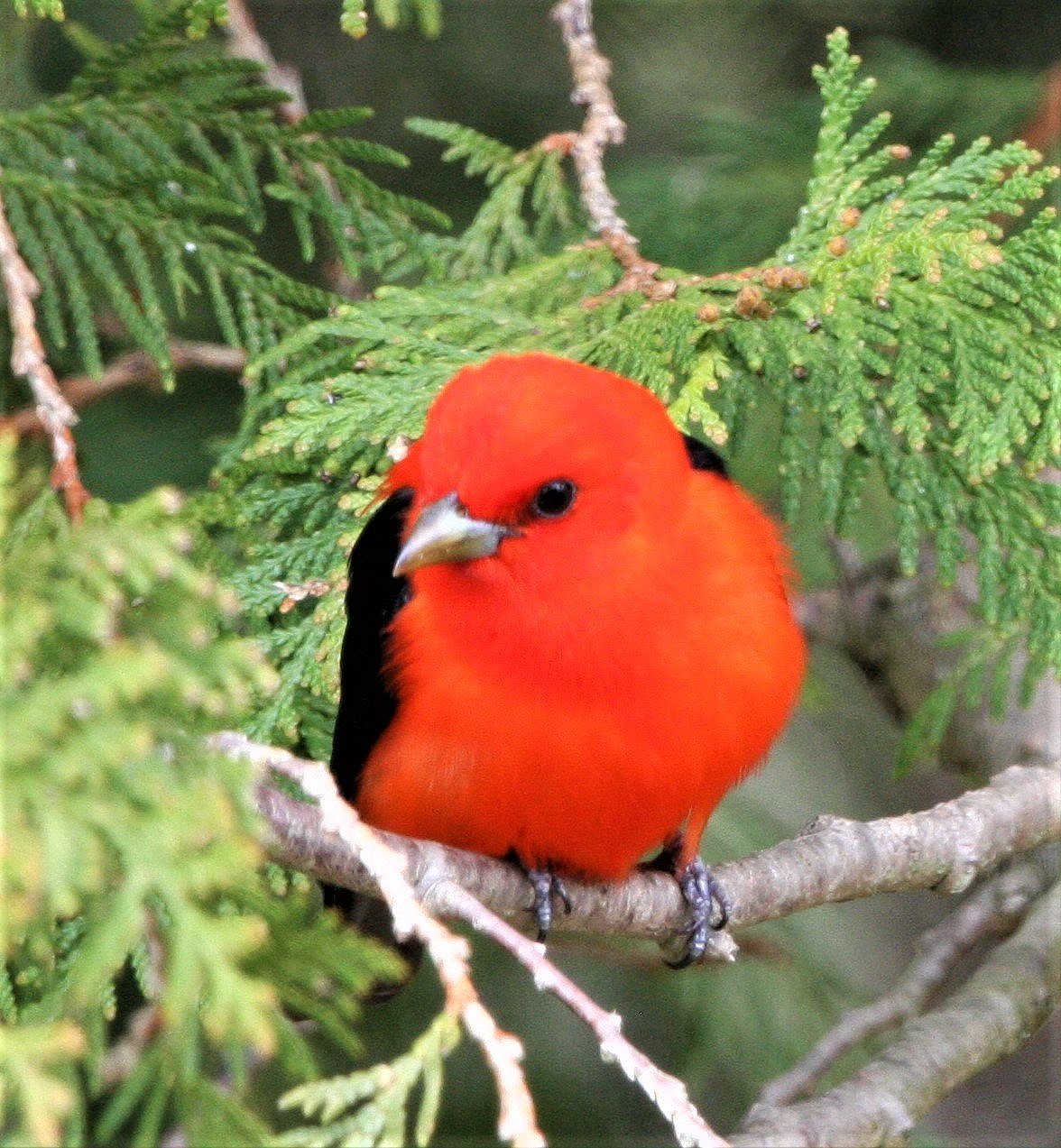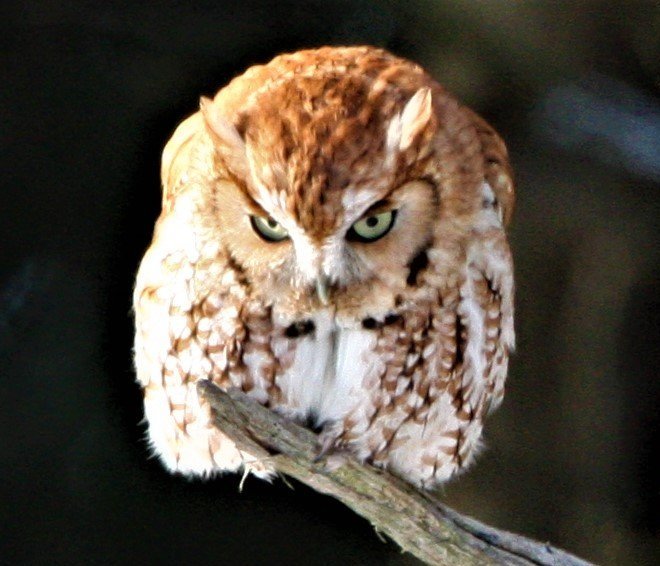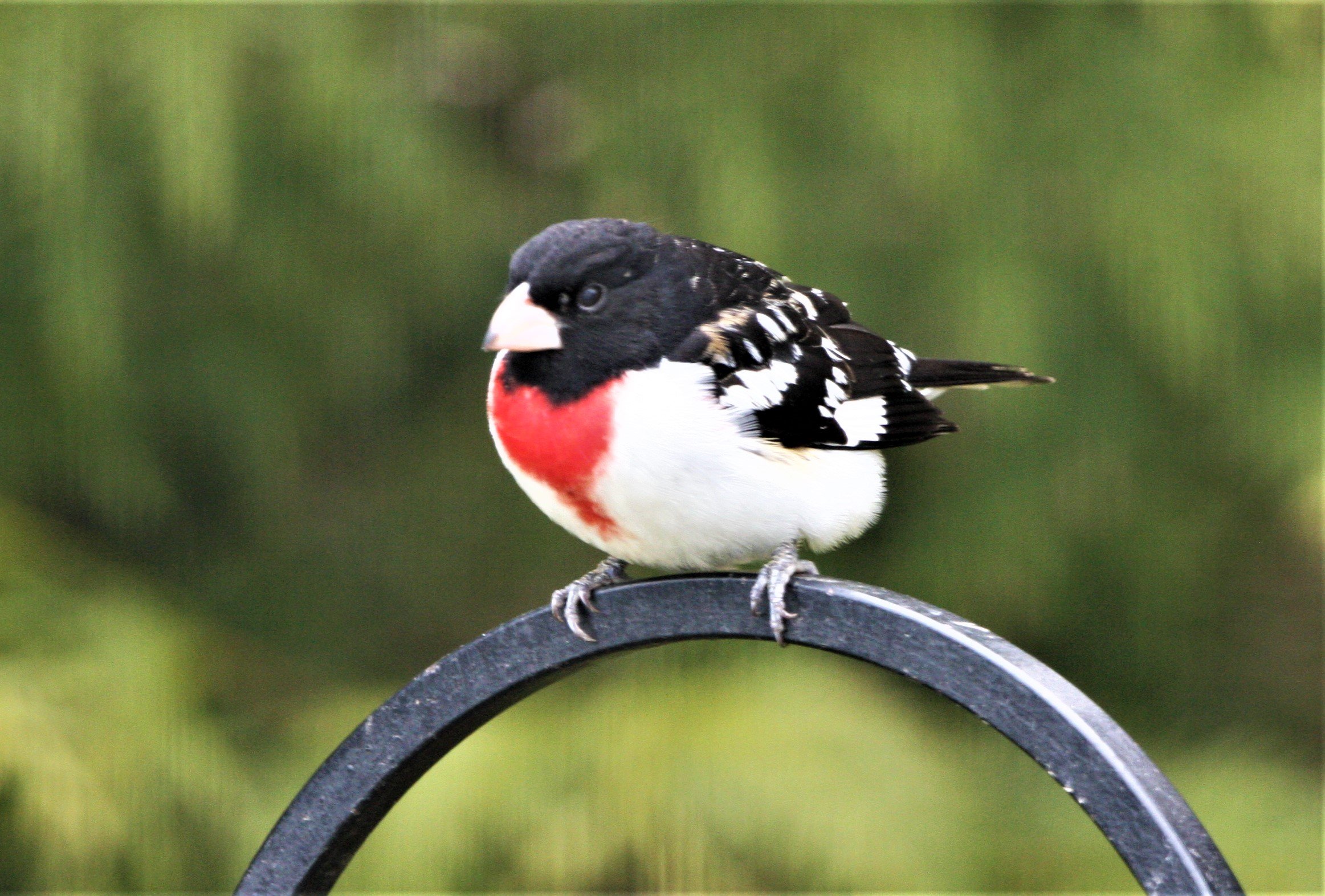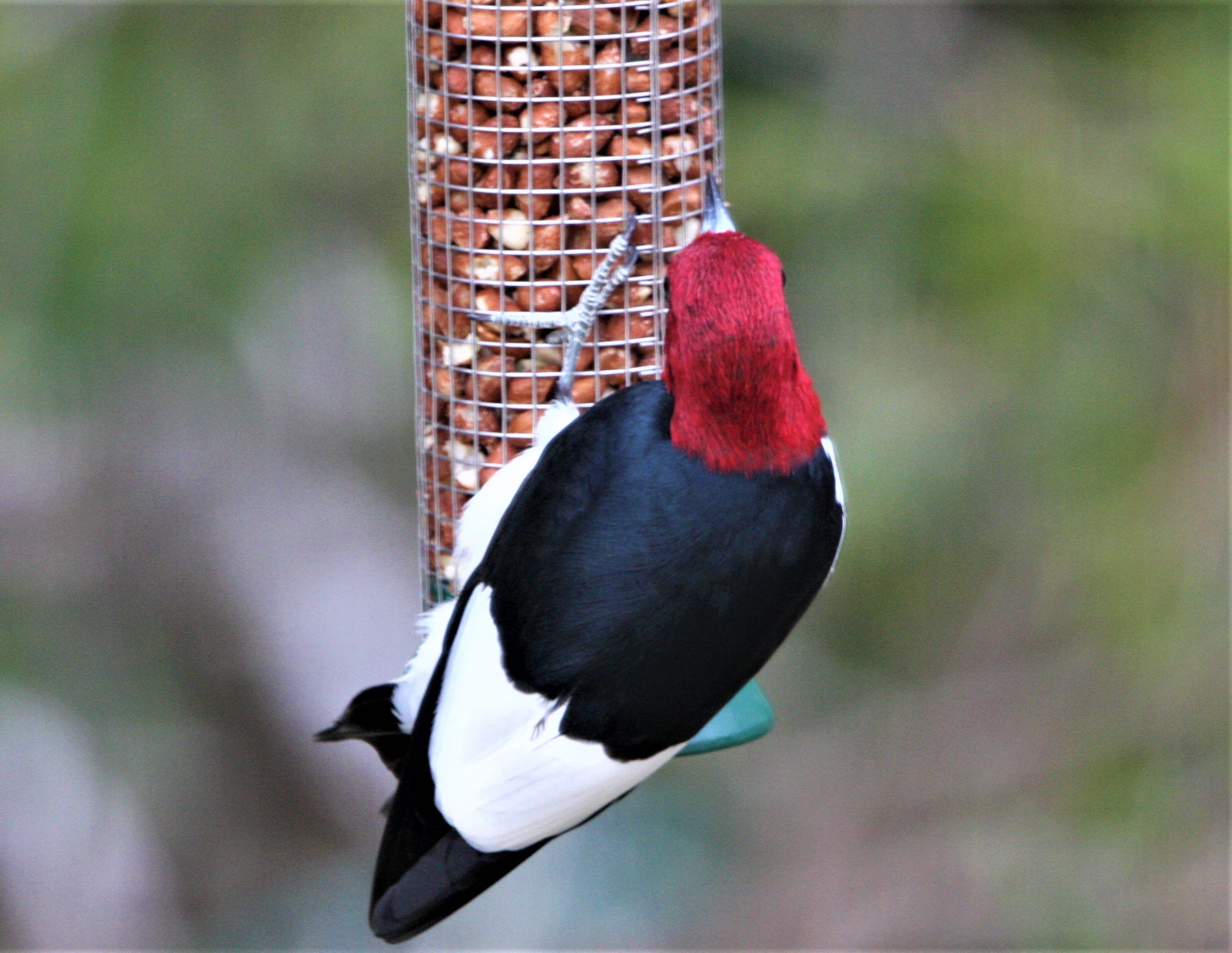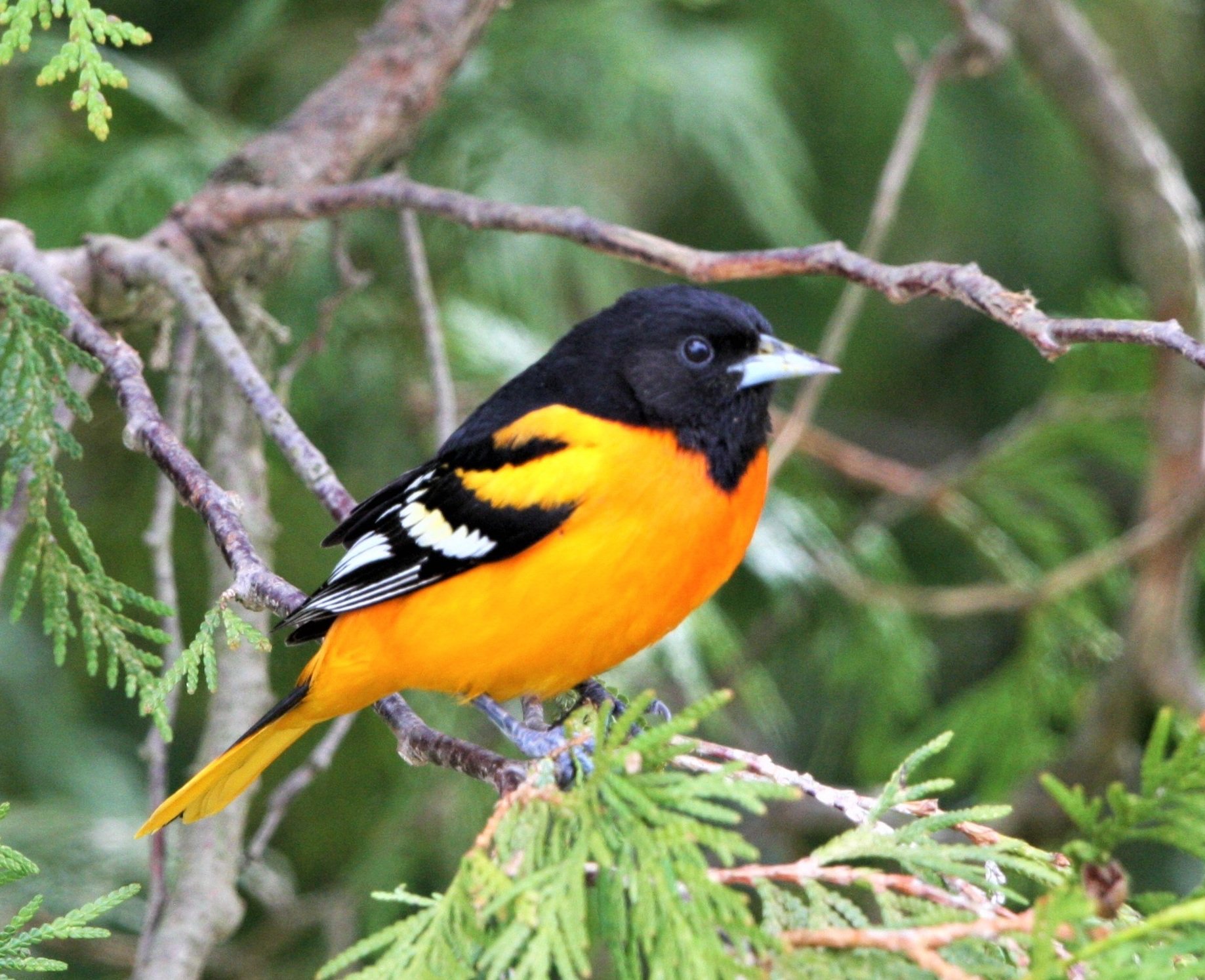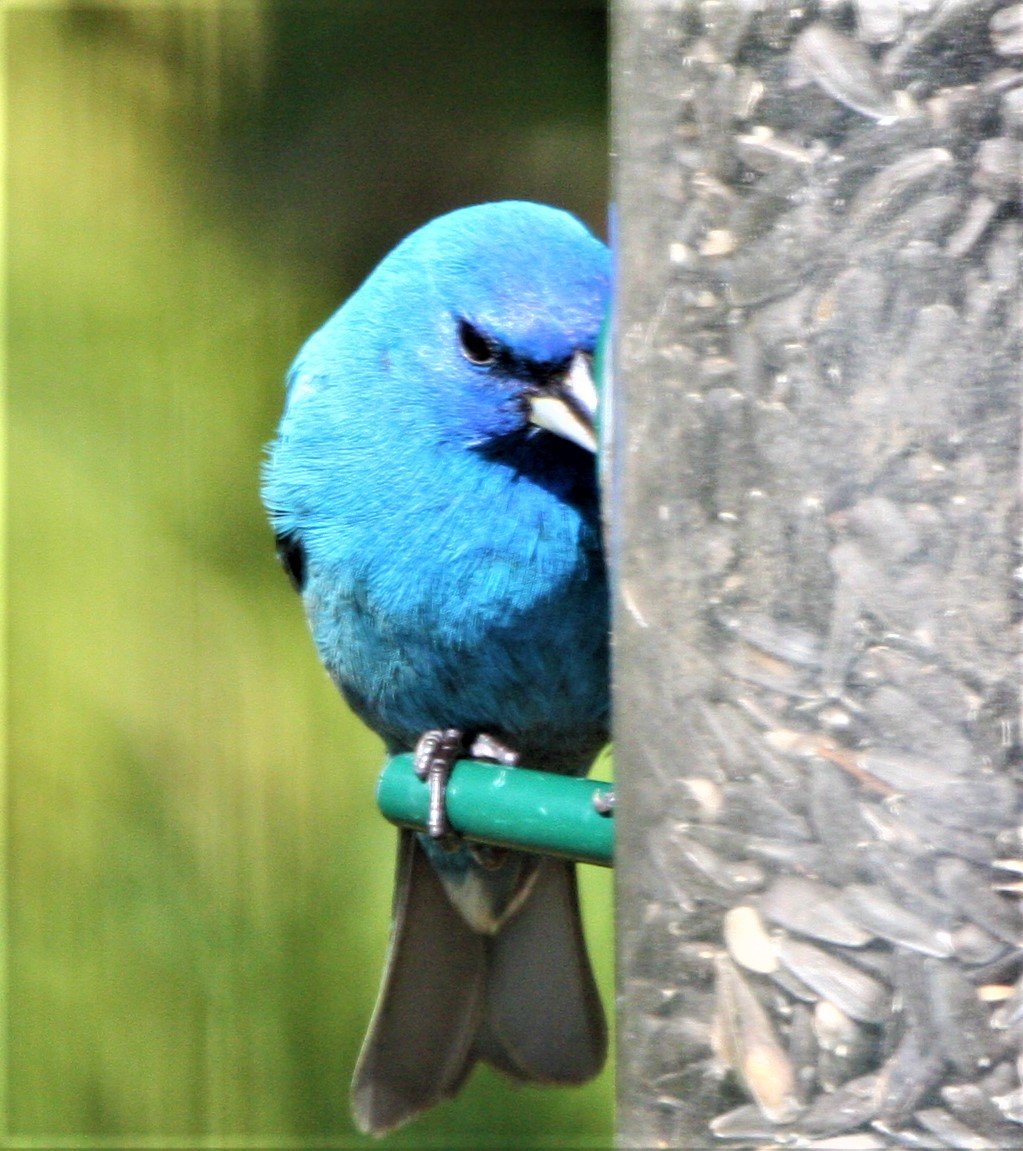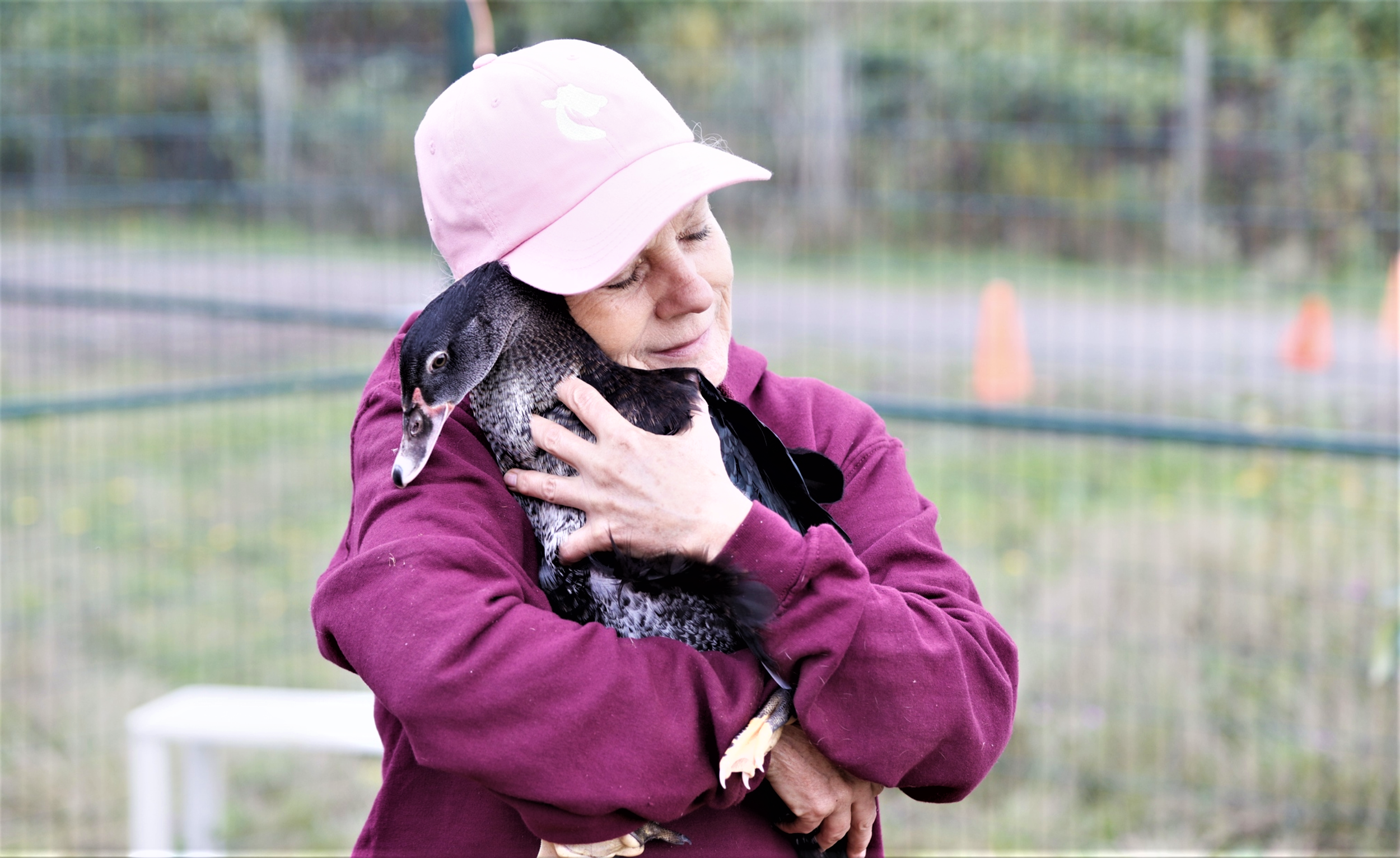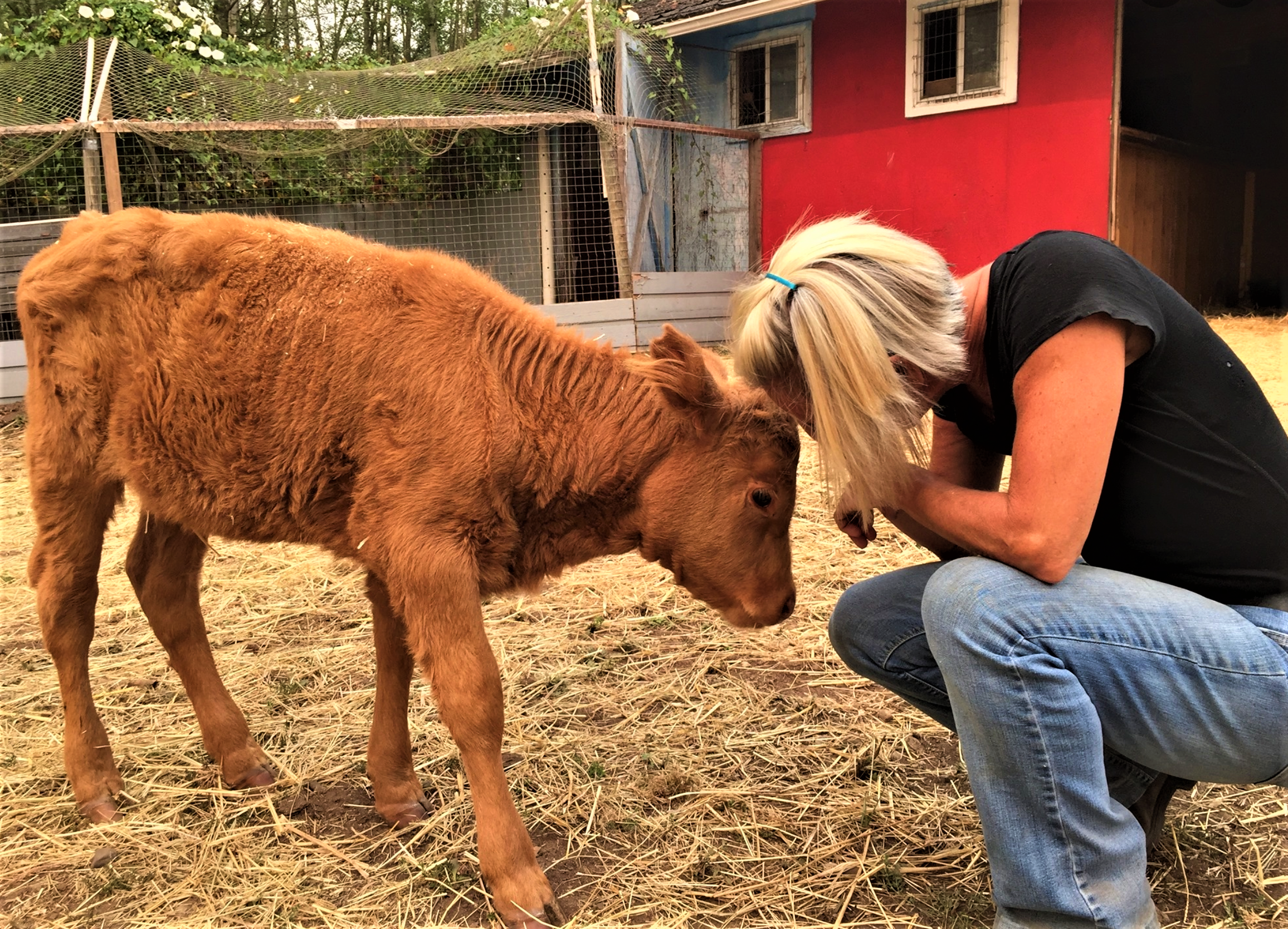By Jessica Scott-Reid
Jessica is a Canadian writer, animal advocate and plant-based food expert. Her work appears regularly in media across Canada and the US.
The positive effects of animal interaction and companionship on human health have been well documented. Psychologists have long known that spending time with companion animals such as dogs and cats, as well as in nature with wildlife, can have profound physiological benefits for humans. As the COVID-19 pandemic has forced people the world over into new and difficult circumstances, pet guardianship has boomed, as has interest in nature — especially birdwatching. Coping with issues such as isolation, illness, grief, boredom and financial hardship has been understandably challenging, but it appears animals are helping many of us get through it.
The COVID-19 pandemic has presented a unique opportunity for researchers to gain an even better understanding of how animal interaction and companionship can improve human health. Though we already know that human-animal interaction can help reduce stress, fear, anxiety, depressive symptoms, and can promote calmness and social interaction, scientists wanted to looked even deeper.
One group of researchers looked at how dogs in particular could “provide social support for their owners and buffer heightened symptoms of stress, anxiety and depression and contribute to happiness,” during the pandemic. Published last year in the Public Library of Science ONE (PLOS ONE) journal, the study looked at survey results of 768 dog guardians and 767 non, but potential, dog guardians (those interested in dog guardianship in the future).
Photos l. to r.: Valerie Elash and devn on Unsplash
The UK researchers found that dog owners reported “having significantly more social support available to them compared to potential dog owners, and their depression scores were also lower, compared to potential dog owners.” The results suggest that dog guardianship “may have provided people with a stronger sense of social support, which in turn may have helped buffer some of the negative psychological impacts caused by the COVID-19 pandemic.”
The study is one of many conducted during the pandemic looking at how pet guardianship aided humans. Other researchers in Israel, Italy and Spain also conducted surveys of pet guardians during this time that further revealed how animals provided extra comfort and emotional support, and even helped keep us active during lockdowns.
Photos l. to r.: Prince Abid and Dahiana Waszaj on Unsplash
But pets are not the only animals that came to our aid. In 2020, when lockdowns were first being implemented, one-third of adults in the UK reported becoming more interested in nature, according to a National Trust poll. During the second wave, an Ipsos poll conducted for the Nature Conservancy of Canada (NCC) revealed that 94% of Canadians credited time spent in nature with helping them to relieve stress and anxiety caused by the pandemic. Thus, it is no surprise that the hobby of birdwatching also became a pandemic hit.
According to Quartz, “businesses that sell birdfeed and backyard bird feeders reported sales increases of 45% and 50%,” during the 2020 lockdowns, and “novice birders contributed to a new record for spotting bird species on Global Big Day, an annual bird-watching event run by the eBird program at the Cornell Lab of Ornithology.”
Photos: Planet Friendly News. Clockwise from top left: Scarlet Tanager; Screech Owl; Rose-Breasted Grosbeak; Indigo Bunting; Baltimore Oriole; Red-Headed Woodpecker.
Ali Wunderman says birds helped keep her connected during periods of isolation away from her family. “I have always loved birds and during the pandemic my mom began to, too,” she says. “My mom and I began talking on the phone more frequently, and the conversation inevitably turned to birds. She had never really noticed them before, but a pair of mourning doves and a black-crowned night heron became regular characters in her life.” Wunderman worried about her mom being alone but says the birds ensured they always had something to talk about, “something beautiful and pure. I knew they were keeping her company when I couldn’t.”
For Nikki Gentes, the pandemic exacerbated her pre-existing struggles with depression and anxiety. To help cope, she would retreat to nature. “I feel connected when I am in nature,” she says. “Then the wildlife comes: deer, chipmunks, birds sometimes even Mr. Fox or a coyote. There is something so magical about it. It's like they get me,” she adds. “If it hadn't been for wildlife and nature, I think I would have struggled a lot more.”
Photo: Scott Jackson on Unsplash
Farmed animals also played a positive role in the lives of some during the pandemic. Janine Watts regularly volunteers at a farmed animal sanctuary and says helping care for the animals during the pandemic provided “purpose when life was chaos.” The animals didn’t know of the turmoil going on in the world, she notes, “life at the farm stayed the same regardless of the pandemic. The animals still needed their basic needs met,” she says. And in doing so, she felt valued, needed and loved.
Photos: Kindred Farm Sanctuary
Without expectation or special training, by simply existing as they are and living as they choose, animals can provide great comfort, connection and wellbeing for humans. During the COVID-19 pandemic, our mental and physical health has been challenged significantly. By reconnecting with nature and animals of all kinds, many of us have found ways to cope, even thrive.
And the vet says
If you’re thinking about adding an animal to your family, be aware that the boom in acquiring pets during the pandemic has put extra pressure on veterinarian services and clinics. Here are some tips from veterinarian Dr. Heather McGregor.
- If you don’t already have one, establish a relationship with a veterinarian and check that clinics are taking new patients in your area.
- Avoid puppy mills.
- Consider pet insurance to handle any financial burden in case of emergencies.
- Spay and neuter.
- Everyone wants puppies or kittens but puppies are hard work! Consider the many older companion animals in need of homes.
Photo: Nicholas Ng on Unsplash

